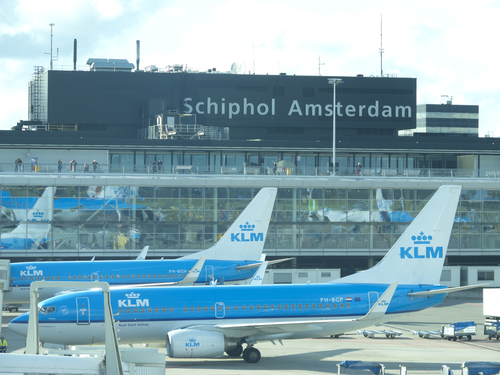
Despite good intentions about contributing to a healthier environment, the European Union recently enforced a law that heavily restricts aircraft emissions, and has subsequently been met with tremendous opposition. The law essentially requires all aircraft operators touching down or taking off in Europe to offer a permit that illustrates the craft’s emissions levels throughout the entire flight.
Still, the step toward environmental friendliness and sustainability is one the United Nations is willing to work toward, but perhaps through a different approach. The U.N.’s International Civil Aviation Organization (ICAO) is currently working on a compromise to the law in an attempt to find a more practical and applicable solution to global temperature change.
Opposition Across the Globe
China and India are both strongly opposed to the new law, and have encouraged their national airlines to refuse any permit requests. The U.S. has also fought back against the emissions law. In fact, President Obama is likely to sign a bill that opposes the EU’s proposal. A similar bill passed through the House of Representatives in September, and gained unanimous approval in the Senate thereafter. With this new bill, the U.S. Secretary of Transportation will officially be granted the authority to prevent airlines from cooperating with the European Union’s emissions law. Even the European airline industry has expressed opposition to the bill and encouraged reformation.

Because of this opposition, the European Commission’s climate division is under high pressure to compromise its environmental goals through less extreme measures. However, experts worry that compromising may call into question strict laws enacted in other heavily energy-dependent industries.
The Green Movement in Worldwide Airline Companies
Although this dramatic law may not take effect just yet, many companies in the airline industry are taking steps toward greater efficiency. Alaska Airlines recently began integrating biofuel with jet fuel as a means of preserving the earth’s resources. Kerosene is another alternative fuel option that airlines are integrating with jet fuel, and several additional airline companies have followed suit with this trend. Efficiency is both an environmental and an economic concern, since airlines around the world are finding the cost of traditional fuel options burdensome as well.
Planes themselves are also receiving dramatic makeovers to limit fuel consumption and waste through more sophisticated engineering. These changes in fuel and engineering for Alaska Airlines alone have resulted in a savings of 10 percent in carbon emissions. Using a similar fuel blend, the emissions savings would add up to the equivalent of taking 64,000 cars off the road for an entire year.
Airlines are also working on rejuvenating fleets and minimizing fuel consumption altogether by taking shorter routes and spending as little time in the air as possible. The field of aviation management is one niche within the industry that could make a major difference in environmental efficiency as a whole, since these professionals could more effectively offer solutions to problems regarding the efficiency of the craft. This could reduce errors directly connected to fuel consumption, emissions and overall efficiency.


